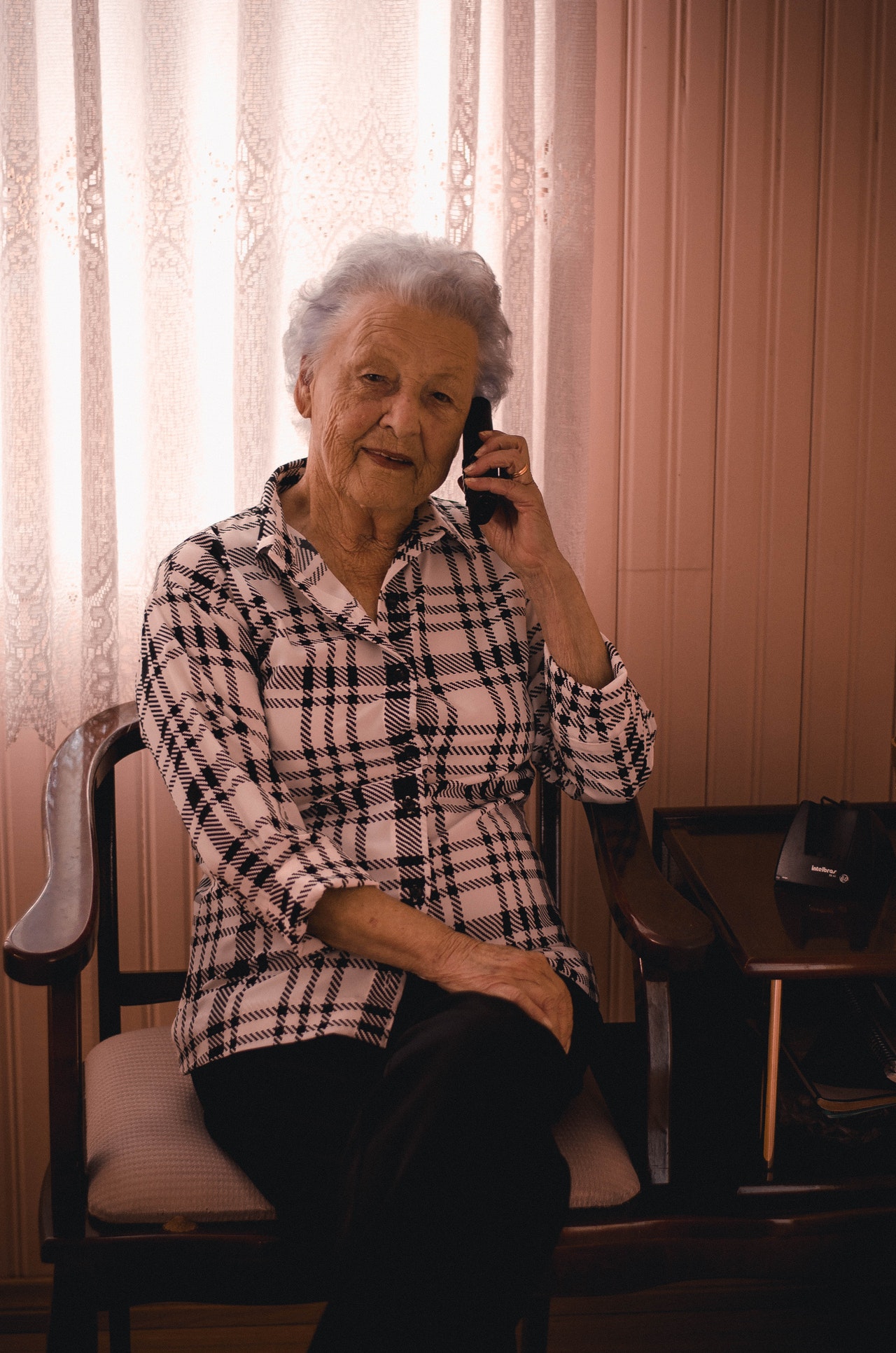Families who have an elderly loved one often face a number of choices. One of the biggest relates to senior living choices.
If your loved one might not be able to live independently anymore, there are a lot of options available. We often just think about senior living as being a nursing home, but there are a variety of settings that you can compare based on your loved one’s needs and preferences.
The following is an overview of some of the senior living options that are available to help you get started. Alternately check out the supported independent living gold coast website for more information.
Active Adult Communities
There are active adult communities, which are really just neighborhoods geared toward the needs of older adults. Typically, you have to be at least 55 to live there, and these communities may include single-family homes, apartments, condos, townhouses, or mobile homes.
A resident in an active adult community is fully independent, and they manage their homes and their daily activities on their own.
The benefit of these communities is the social and recreational opportunities available in them. It’s somewhat like a resort for older and often retired people.
Buildings may also be designed with mobility limitations in mind.
Independent Living Communities
An independent living community is also known as a retirement community.
Residents buy or rent a home, and in many cases, services are offered such as meals, housekeeping, and sometimes transportation.
While these communities are convenient, residents are often very independent and active.
If your loved one is a resident of an independent living community, many services aren’t directly provided, but the community can act as a concierge and connect residents with what they need.
There is usually an annual feel in addition to housing costs.
Some people compare independent living communities to living on a college campus.
Assisted Living
An assisted living community is similar in many ways to independent living, but there are more comprehensive personal care services included when they’re needed. An assisted living home is a good fit for someone who can stay somewhat active but who still needs some level of help with things like remembering their medications or bathing.
When it comes to an assisted living community, there are a lot of options available, and these facilities are regulated by agencies at the state and local levels.
Nursing Homes
While sometimes the term nursing home is used to describe any assisted living community, in reality, a nursing home is a facility with a high level of medical care provided to residents. All key services are provided including transportation, meals, housekeeping and help with basic daily activities.
A nursing home could be the right option for your loved one if they need a significant amount of care or have complex medical problems.
Memory Care
A memory care facility is often a separate part of a nursing home, and they’re designed to meet the specific needs of people with dementia and other cognitive-related health problems.
A memory care facility can provide a high level of supervision and one-on-one attention, and they have security features to prevent residents from wandering away.
The staff in a memory care unit usually has specialized training.
Other Options
Along with what’s above, some other possible options to explore for your loved one include:
- Continuing-Care Retirement Communities: A CCRC includes different types of housing on site. For example, there might be senior apartments, assisted living, and then a nursing home all on the same property. That would allow for flexibility and easy movement if your loved one’s needs were to change. Residents can get to know staff and other residents and keep up with them even if they change facilities.
- Co-housing: In this option, there is often a sense of community, and neighborhoods can help and support one another, even if their family lives far from them. There are senior-specific co-housing communities throughout the United States, and these communities operate somewhat like homeowners associations.
- Home sharing: Home sharing might mean that your loved one gets a roommate and they may rent out a room in exchange for help with their housework.
Overall there are many options for your loved one so that they can maintain their social connection and stay healthy and engaged. There’s not just one option, and having your loved one move doesn’t mean they necessarily have to move to a nursing home. There are definitely choices with a lot more freedom and just a bit of social support if that’s appropriate for your loved one’s needs.
Photo by Luizmedeirosph from Pexels



